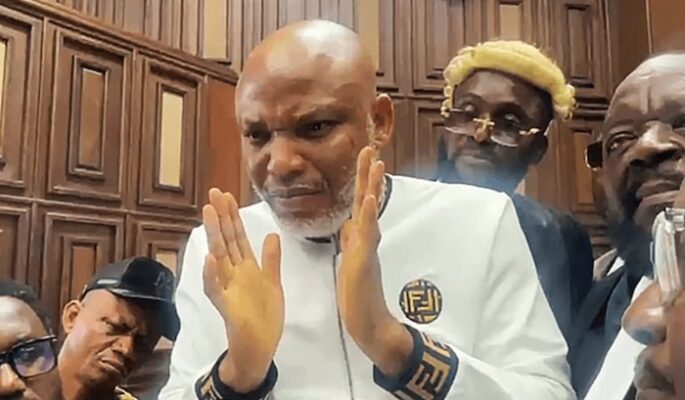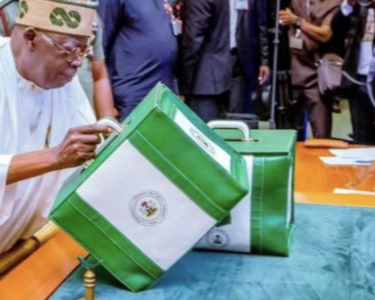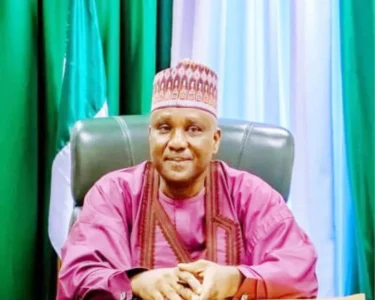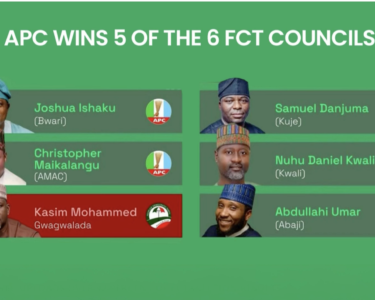The long-running trial of the detained leader of the Indigenous People of Biafra (IPOB), Nnamdi Kanu, has officially ended, with the Federal High Court in Abuja sentencing the 58-year-old to life imprisonment.
Justice James Omotosho delivered the judgment on Thursday, convicting Kanu on all seven counts brought against him by the Federal Government. The charges bordered on treasonable felony, terrorism, incitement, and illegal importation of equipment.
According to the judgment, Kanu was found guilty on:
-
Three counts related to belonging to a proscribed organisation;
-
Two counts involving threats and the enforcement of an illegal sit-at-home order across the South-East;
-
One count for issuing threats that could lead to loss of life.
Kanu was also convicted of incitement and unlawful provocation (Counts 4 and 5), as well as a six-count chargelinked to issuing terrorist threats beyond Nigeria’s borders. Additionally, he was found guilty of illegally importing and concealing a radio transmitter labelled as “used household items,” in violation of the Customs and Excise Management Act.
During the ruling, Justice Omotosho criticised Kanu’s conduct throughout the trial, describing him as unremorseful and responsible for repeated delays.
“The court is only being merciful to Kanu because we are enjoined by our Lord Jesus Christ to be merciful. Kanu has not shown any remorse; he is arrogant, cocky, and unruly. I will temper justice with mercy,” the judge said.
Justice Omotosho sentenced Kanu to:
-
20 years’ imprisonment on Count 3
-
5 years’ imprisonment on Count 7
Both sentences are to run concurrently and have no option of fine.
The judge further ordered that Kanu be kept in a secure facility due to what he described as the convict’s “violent tendencies.” He also ruled that the IPOB leader must not have access to digital devices, except under strict supervision by the National Security Adviser (NSA).
The sentencing marks a major development in one of Nigeria’s most high-profile legal battles, ending years of court proceedings, arrests, extradition controversies, and political debate surrounding the IPOB leader.




